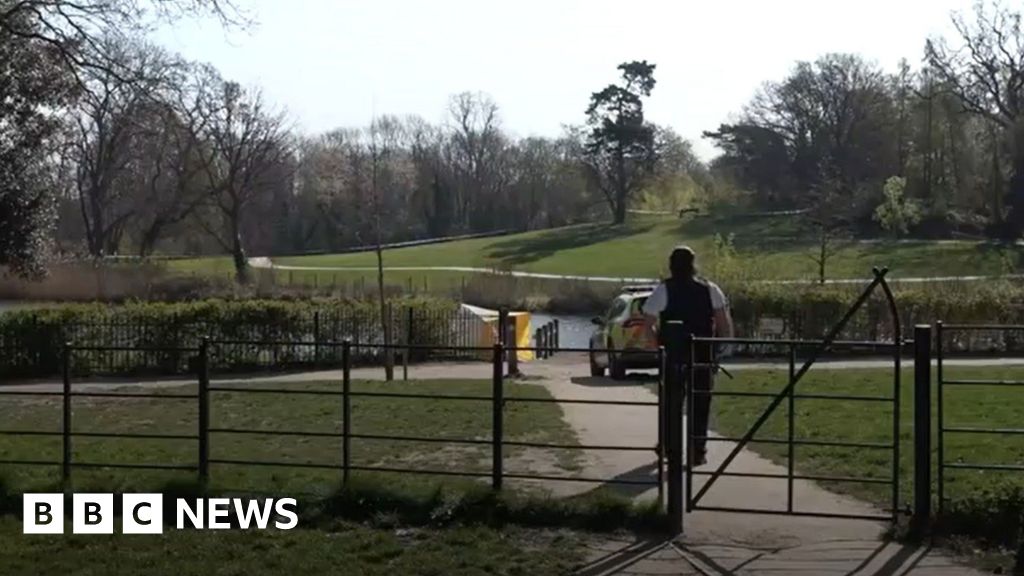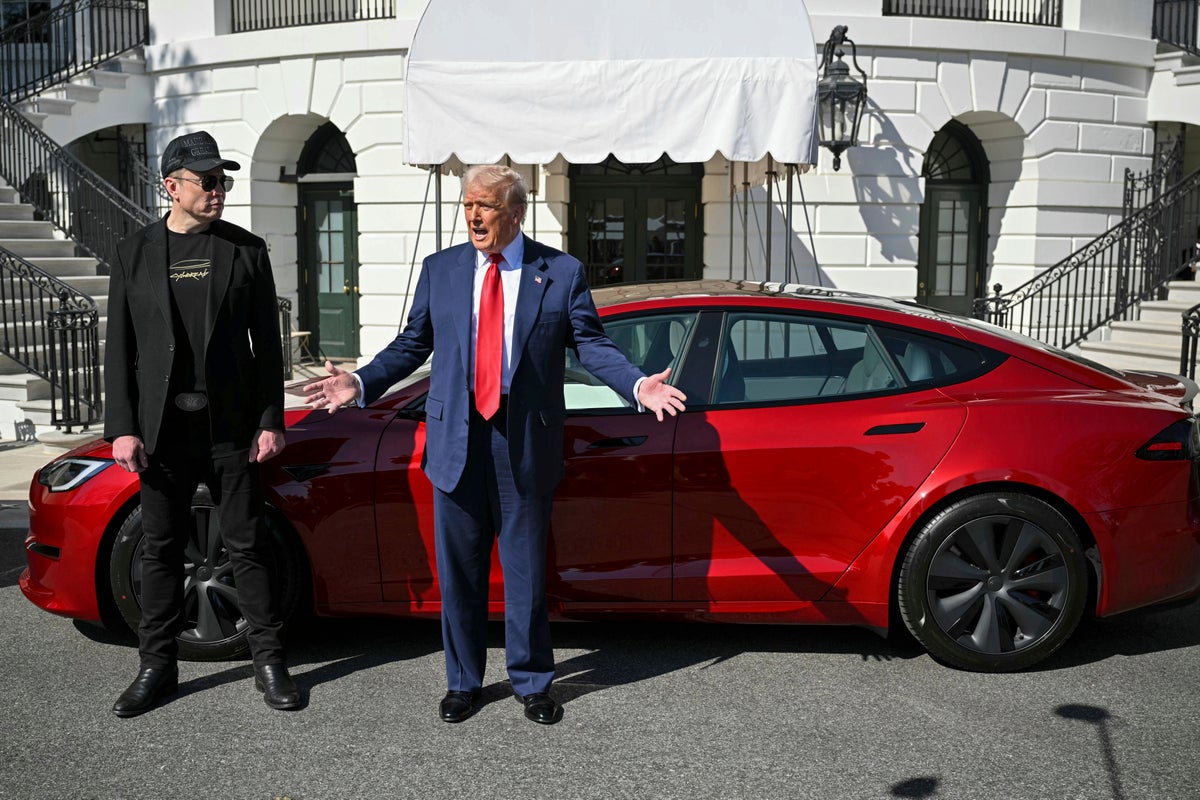The bench of Justice Amrita Sinha of the Calcutta High Court was approached by 15 filmmakers from Tollywood on Thursday with various allegations against the Federation of Cine Technicians and Workers of Eastern India ( FCTWEI ). Bidula Bhattacharya, an independent filmmaker, was the first to file a petition, which was later backed by others, including Parambrata Chattopadhyay , Anirban Bhattacharya, Sudeshna Roy, and Indranil Roychowdhury. A day after the Calcutta High Court issued an order barring the FCTWEI to infringe upon a filmmaker’s right to work, Parambrata spoke to us about what exactly happened and how the court order comes as a relief to him and his colleagues.
“I am thankful to the Calcutta High Court for ruling that the federation cannot force anyone to cooperate or refrain from working with us,” he told us. What exactly happened? Even after the Federation lifted a ban on filmmaker Rahool Mukherjee, who had been accused of shooting parts of his film, Lahu, in Bangladesh, technicians refused to show up for the shoot at Technician’s Studio, despite the presence of actors Prosenjit Chatterjee and Dev The technicians accused Rahool of depriving local talent by not hiring the requisite number of local technicians for his shoot in Bangladesh Following this, the DAEI observed a two-day cease work The Bengal CM intervened and asked for a review committee to be formed, and asked the directors to commence work However, the DAEI asked for an all-party meeting, which never happened A report was to be submitted in the beginning of November 2024, but the DAEI waited for another month, and decided to keep the much-needed conversation regarding the rules alive When the filmmakers who raised questions against the methods of the Federation, the technicians were asked to not cooperate with them. Moreover, they were called in by the Federation for questioning Accusations against FCTWEI The Federation was overstepping its limits by enforcing practices that contradicted fair trade principles and constitutional values It was issuing unnecessary unique cards without justification It was obstructing access to health cards provided by the government for filmmakers It refused to renew the health cards of DAEI members An unspoken rule was established that only members of Federation-affiliated guilds could work in the industry Guild members affiliated with the Federation were not cooperating with the DAEI The order by Calcutta High Court Restrain FCTWEI from interfering with the process of the filmmakers and their fundamental rights to life and livelihood The Department of Information & Culture Affairs to decide the application for issuance of health insurance to the filmmakers.

FCTWEI will have no role to play in it Non-production of unique cards will not affect the rights of the filmmakers to perform their functions. This is because the ‘code of conduct’ is not in force any longer, and not applicable The Department of Information & Culture Affairs to take decision on a complaint of the FCTWEI, which prevents them from enjoying their fundamental working rights. Such a decision has to be taken by the state government within five weeks, and placed before the Calcutta High Court on the next date of hearing (May 19) What is FCTWEI? The FCTWEI has been in existence for a very long time and has around 26 unions affiliated to it, including independent guilds of film technicians such as electricians, cameramen and directors, among others.
The body represents and safeguards the interests of these technicians and workers of the Bengali film and television industry. The FCTWEI is further affiliated to the All India Film Employees Confederation (AIFEC), headquartered in Mumbai. What is DAEI? The Directors’ Association of Eastern India (DAEI) was formed around a decade back, out of an earlier existing body named Eastern India Motion Picture Directors’ Association (EIMPDA), which was founded in 1985.
The DAEI is affiliated to FCTWEI..
Top

Calcutta High Court verdict limiting FCTWEI overreach brings relief for filmmakers

Calcutta High Court verdict limiting FCTWEI overreach brings relief for filmmakers











